Klaus Hellwig
Nacimiento : 1941-07-20, Frankfurt, Main, Germany
Muerte : 1991-03-13

Dean's Sales Agent
Dean is a maverick American film director surprised that his most recent film has been chosen as the Official U.S. Entry at the Venice Film Festival. A beautiful French journalist arrives at the festival with the apparent intention of interviewing the unique and eccentric filmmaker. In the midst of all the festival madness, she is forced to confront the wide divergence between things as they really are and things as they seem to be - both on screen and off. And so, finally, are we. Shot half in Venice, Italy and half in Venice, California, "Venice/Venice" looks at the profound effect movies have had - and continue to have - on our lives, our loves and on our dreams of romance.
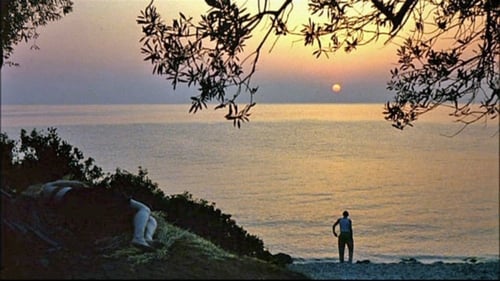
Executive Producer
Shepard sobrevive a un accidente de avión y los recuerdos de un tiempo pasado irrepetible.

Producer
Joseph L. Mankiewicz discusses his career in a feature-length interview recorded at his New England home and the 1983 Berlin Film Festival.

Associate Producer
New York, summer 1983. Jeanne Moreau goes to meet Lillian Gish to film a portrait of her. The star of American silent films invites her to her apartment and discusses her career from its beginnings on film in 1912. She remembers the conditions on stage when she was a child, the first Hollywood blockbuster, D. W. Griffith's Birth of a Nation (1915), and her passion for cinema guided by an inexhaustible curiosity.

Producer
Nelly tiene una aventura con Loulou, un pequeño delincuente cuya vulgaridad y atractivo sexual la seducen. Sin romper con su marido, Nelly planea vivir con Loulou, quien le promete trabajar por el niño que están esperando.
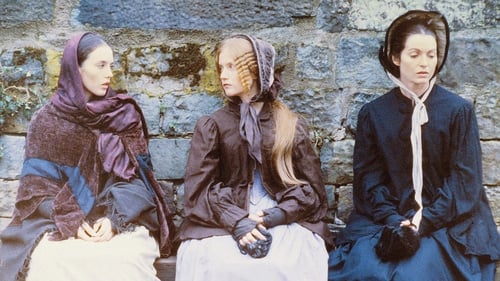
Producer
Un drama que compitió en la sección oficial del Festival de Cannes de 1979. Recibió dos nominaciones a los Premios César de la Academia de cine francesa: a la mejor fotografía y al mejor montaje.
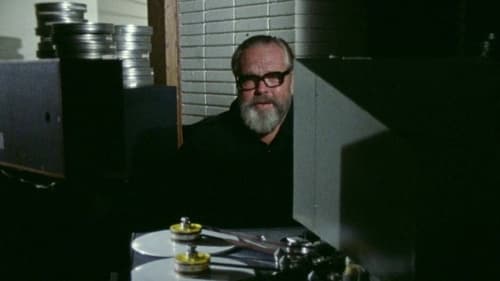
Producer
Filming Othello is a 1978 documentary film directed by and starring Orson Welles about the making of his award-winning 1952 production Othello. The film, which was produced for West German television, was the last completed feature film directed by Welles.
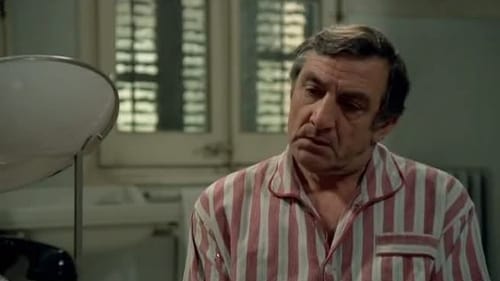
Co-Producer
Roland, un marino que ha hecho escala en Barcelona para reunirse con su mujer, descubre un cadáver en la habitación contigua del hotel donde se hospeda. De repente, es encerrado sin saber por qué en una clínica privada y un médico le reclama una misteriosa maleta. Mientras, su vecino de habitación le habla de una mariposa posada sobre su espalda. Roland escapa y busca a la policía. Cuando llegan a la clínica, el lugar está vacío pero encuentran un cadáver. Lo acusan del asesinato, pero él sabe que no lo ha cometido.

Associate Producer
In this sardonic comedy, after an executive is killed in a mysterious automobile accident, the French offices of his multinational company is inundated with mysteriously threatening be-ribboned anti-capitalist tracts, delivered overnight to everyone's desks. Later, the executive's body is brought to company offices for an official wake -- only no one at the company has ordered that such a thing be done. A mysterious prankster, who is able to imitate the voice of the company's president, has arranged these things. When Americans from the head office get wind of these developments, they institute a search for the perpetrator which leads to mysterious subterranean passages under the company's skyscraper.
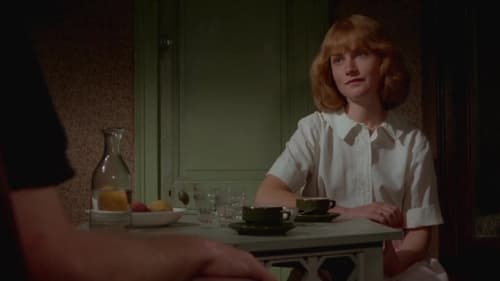
Associate Producer
Beatrice, una muchacha discreta y silenciosa, trabaja de aprendiz de peluquera con su amiga Maryléne, una rubia coleccionista de hombres y desilusiones. Beatrice conoce a François, un estudiante de buena familia. Se enamoran y deciden irse a vivir juntos a París. Ella plancha y él estudia. Pero las diferencias de clase y cultura percibidas por el chico comienzan a resquebrajar la relación...
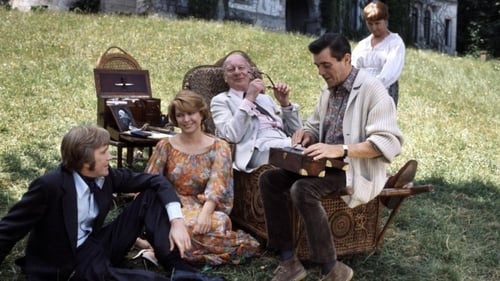
Producer
Recluido en su habitación, Clive, un escritor enfermo y malhumorado, hace y deshace una historia cambiando situaciones y personajes a su antojo, mientras bebe sin parar en una inacabable noche. Claud es un tiránico y justiciero fiscal de la alta burguesía. Sonia, una mujer insatisfecha, se siente incapaz de dejar a su marido. Kevin es un soldado iluminado que lucha por el derecho a la eutanasia. Elena es una amante ajada que sabe que va morir.
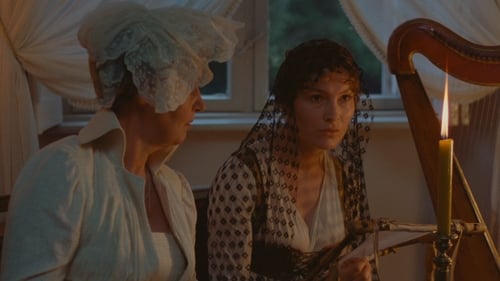
Producer
Siglo XIX. Norte de Italia. Julieta, la marquesa de O, es una hermosa y joven viuda que vive con sus padres. Durante el asedio de su ciudad por las tropas rusas, la Marquesa sufre un intento de violación, pero se salva gracias a la intervención de un apuesto caballero ruso, el Conde. Meses después, Julieta, inexpicablemente, está embarazada. Incapaz de aceptar esta vergüenza, su familia la echa de casa. Sin recordar contacto alguno con ningún hombre y convencida de su inocencia, Julieta deberá descubrir quién es el padre de su hijo.
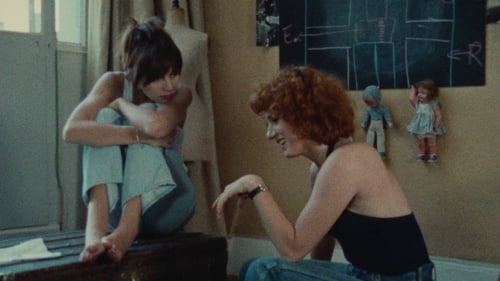
Associate Producer
Muy cerca de la tradición de los cuentos infantiles, la película narra las relaciones entre la bibliotecaria Julie y Céline, y cómo ésta introduce a la primera en una historia, entre la realidad y la fantasía, que se desarrolla en una gran mansión aislada donde vive un viudo, su hija de 8 años y dos mujeres.

Producer
German filmmaker Rainer Werner Fassbinder directs the made-for-TV melodrama Pioneers in Ingolstadt, based on the play by Marieluise Fleisser. The film opens as a parade of soldiers are marching through a town square singing patriotic songs. Alma (Irm Hermann) and Berta (Hanna Schygulla) are watching them and musing about their ideas on men and relationships. The soldiers (often referred to as pioneers) have been given the task of building a bridge in the town. Alma seems to understand that the soldiers only want her for short sexual encounters, so she's prepared to live her life accordingly. Meanwhile, romantic Berta falls in love with self-centered soldier Karl (Harry Baer), who all but tells her to get lost. The soldiers get drunk and beat up a random passerby. The women grow to hate Alma for her acceptance of life as a sex object. Naïve Berta is ultimately humiliated.
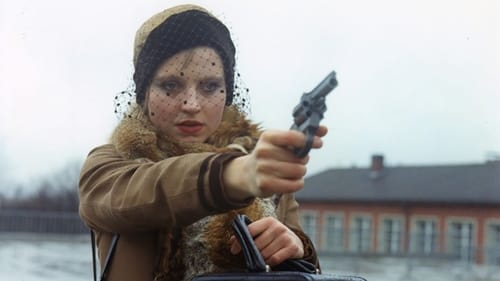
Producer
Michel y Guenther trabajan en sus respectivos trabajos obsesionados por conseguir el dinero suficiente para poder ir a Perú en busca de un tesoro, usando el mapa del Río Das Mortes. A Hanna, la novia de Michel, le disgusta este nuevo plan de su novio, puesto lo que ella quiere en realidad en casarse con él y formar una familia.

Producer
Straub-Huillet’s first color film, adapts a lesser-known Corneille tragedy from 1664, which in turn was based on an episode of imperial court intrigue chronicled in Tacitus’s Histories. The costuming is classical, and the toga-clad, nonprofessional cast performs the drama’s original French text amid the ruins of Rome’s Palatine Hill while the noise of contemporary urban life hums in the background. Their lines are executed with a terrific flatness and frequently through heavy accents; the language in Othon becomes not merely an expression but a thing itself, an element whose plainness here alerts us to qualities of the work that might otherwise be subordinated.

Associate Producer
Adaptación de la tragedia griega de Eurípides en la que Pasolini muestra la trágica confrontación entre dos culturas incompatibles: el mundo mágico e irracional de Medea y el mundo racional de Jasón. Supuso la única incursión en el cine de la gran diva de la ópera Maria Callas.

Producer
Three sequences are linked together in this short film by Straub; the first sequence is a long tracking shot from a car of prostitutes plying their trade on the night-time streets of Germany; the second is a staged play, cut down to 10 minutes by Straub and photographed in a single take; the final sequence covers the marriage of James and Lilith, and Lilith’s subsequent execution of her pimp, played by Rainer Werner Fassbinder. "The film is a look entirely at Western decadence" - Jean-Marie Straub.

















